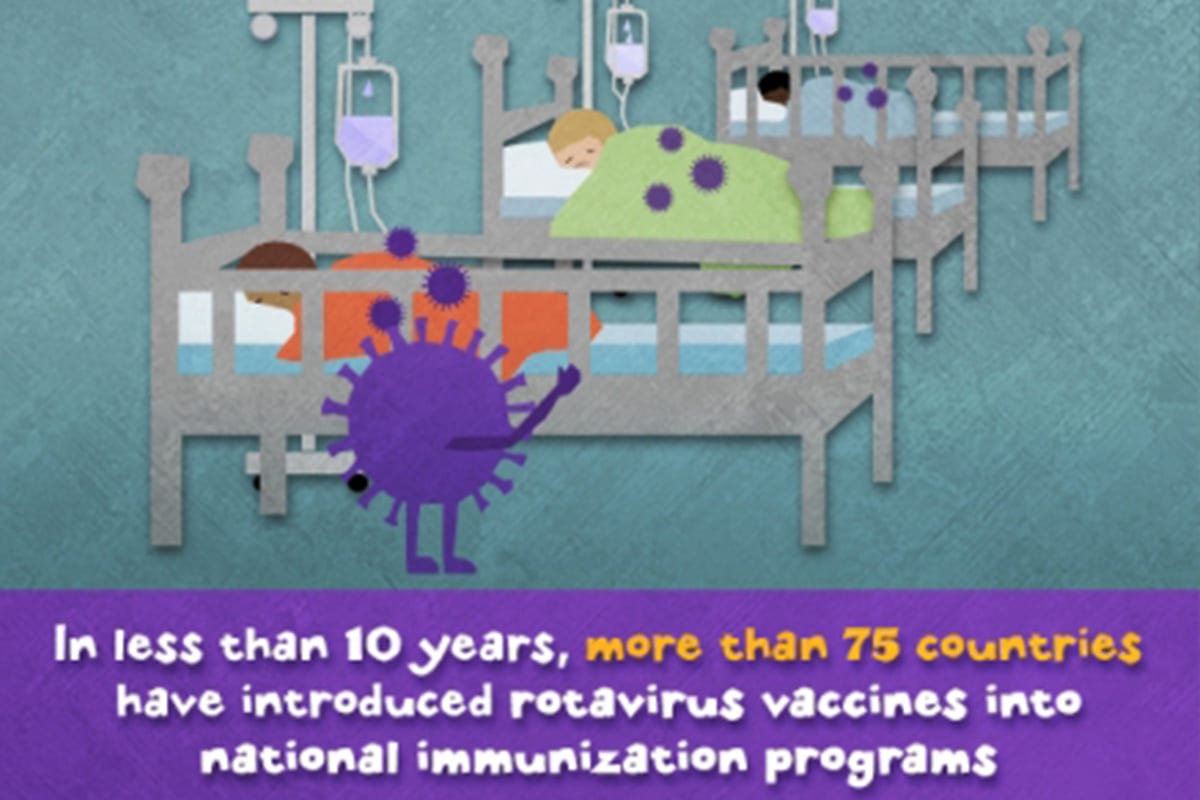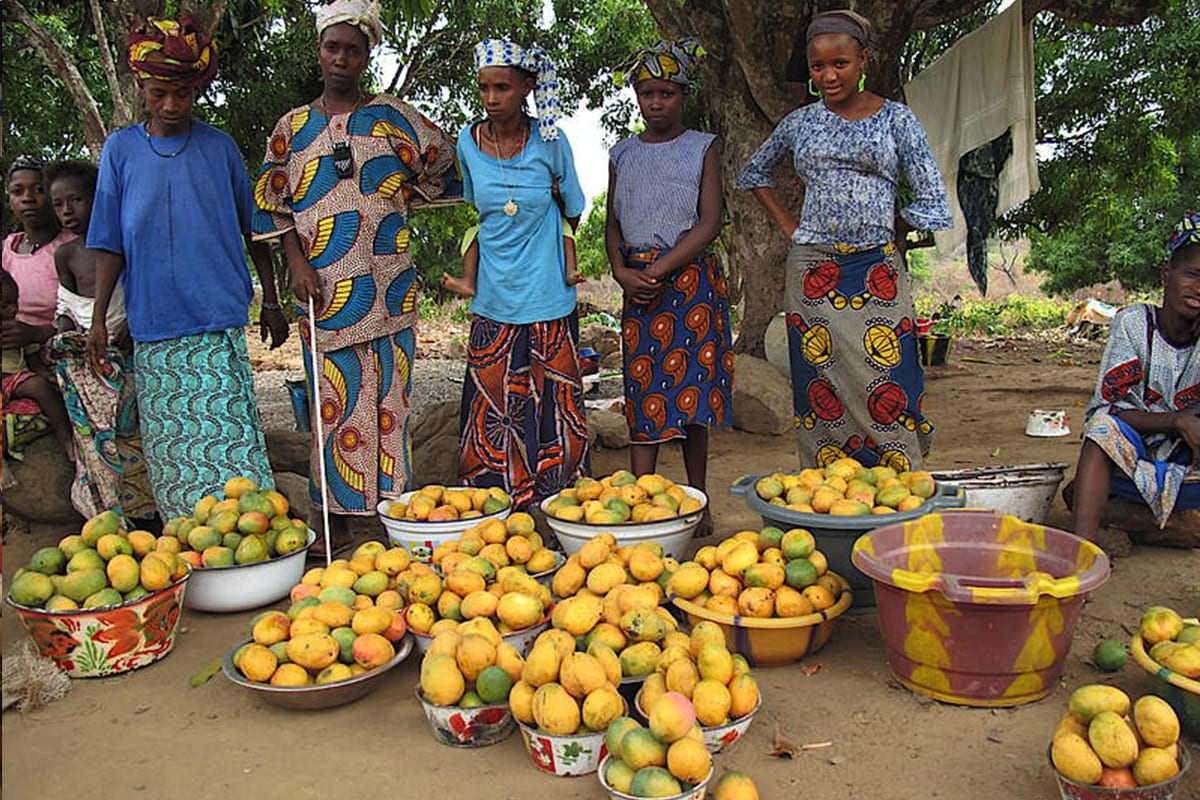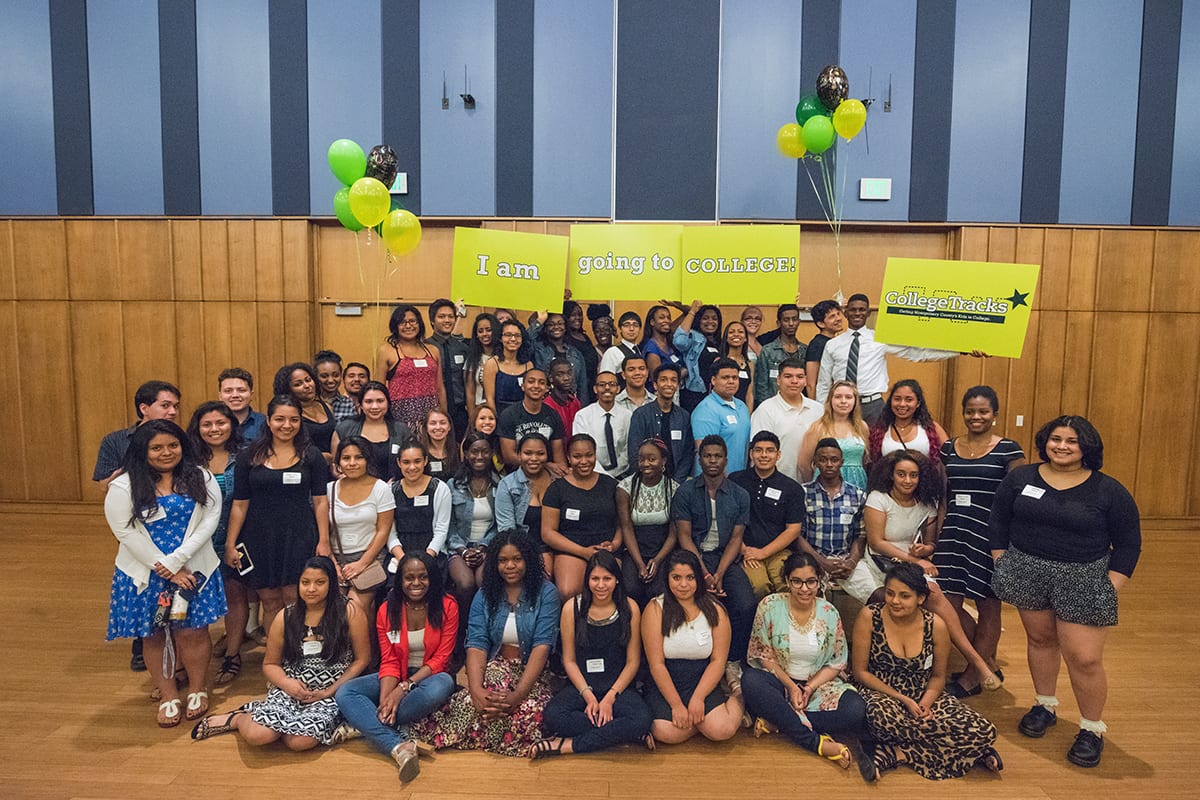Tools for “Forgotten Diseases” of “Forgotten People”

Nearly half of our world’s population are at risk of malaria, TB and neglected tropical diseases—diseases caused by worms, parasites, viruses and bacteria like Chagas disease, river blindness, elephantiasis, sleeping sickness, and many others. Six out of 10 of the world’s poorest people die from these diseases every year. And for those who manage to survive, they endure repeated bouts of serious illness.
The Fastest Scale-Up of a Childhood Vaccine, Ever

There is a virus that infects almost every single child in the world by the age of 5—in every country, rich and poor. It affects the stomach and intestines, causing severe diarrhea and vomiting. We have safe and effective vaccines for this virus. And yet, hundreds of thousands of children die each year, and the virus hospitalizes millions more.
Forests Are the New Farms

What would we eat if we ran out of room for farmland? A new report released by the International Union of Forest Research Organizations (IUFRO) at the United Nations Forum on Forests last week argues that forests and trees would provide plenty to snack on.
What Makes a Working City?

Up on the high hills of Potrero, California, you can see sweeping views of the Bay and the city. It’s a view shared by two very different worlds. One half of the hill is dotted with multimillion dollar homes—the other half of the hill makes up Potrero Terrace & Annex, a low-income housing complex. These kinds of disparities occur all over the country—from Miami to Chicago, from Brooklyn to Washington D.C.
CollegeTracks Paves the Way for More Kids in Need

A small Maryland-based nonprofit, CollegeTracks, is helping low-income students in Montgomery County tackle the college admissions and financial aid process. This week CollegeTracks announced the expansion of its program to a third high school in the area. The move will provide hundreds more students with support.
Always Go to Dinner, and 6 Other Things I’ve Learned

It has been nearly a decade since I started my career in communications at Burness. And, I’m lucky enough to have worked with some of the brightest and hardest working communicators on behalf of inspiring people who are tackling poverty and improving health — the “almost famous,” as Andy Burness likes to say. I thought I would share some accumulated “wisdom” that could help people — whether you’re a recent grad, an aspiring communicator, or someone who may need a little affirmation that this world is for them.
Burness Helps to Raise Awareness about Mental Illness

Burness staff volunteered for the Green Door Remarkable Journeys Gala to help raise awareness about mental illness. Green Door serves thousands of individuals in the Washington, D.C. area struggling with mental health issues through clinical treatment and support services.
Rising Health Spending for Diabetes Patients

More than 29 million Americans, or 9.3 percent of the U.S. population, had diabetes in 2014. While diabetes has been widely recognized as a growing public health challenge in the U.S., a new report from the Health Care Cost Institute (HCCI) shows that it also has a substantial financial impact.
In or Out of an Elevator, Have Your Message

The “elevator pitch” term is well-known among people we train at Burness and tossed around with a somewhat sarcastic tone. “Yeah, I know I’m supposed to do this, but nothing can be said in 30 seconds,” some say.
Red Tape Cripples Global Sustainable Forestry Model

Although the last 25 years have seen significant strides in the development of community forestry in Mexico, a new study by the Mexican Civil Council for Sustainable Forestry reveals that a web of burdensome rules and regulations are preventing these communities from legally and sustainably harvesting their forests.
